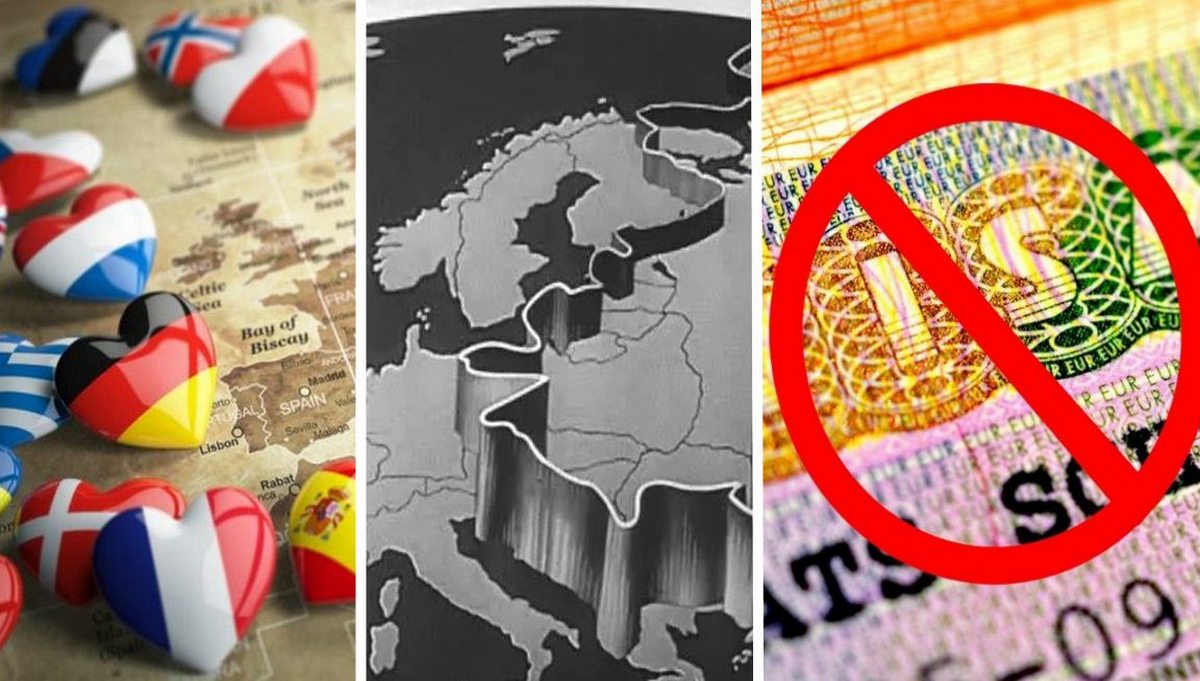The half-measures adopted during the informal meeting of the heads of foreign affairs of the EU countries, which took place last Wednesday, did not please Estonia, which is popular among Russian tourists. In this regard, the Minister of Foreign Affairs of Estonia, Urmas Reinsalu, stated that the complete denial of the majority of citizens of the Russian Federation to his country is only a few weeks.
The Estonian authorities need to develop and implement this scheme to stop the flow of Russians to Estonia. In addition, the minister emphasized that Estonia will work to find a solution in the region through cooperation with its regional partners.
Moreover, Reinlau also stated that he would support decisions that would allow Estonia, in full compliance with the Schengen Visa Code, to ban the entry of all Russians, regardless of the country of issue of their visas. We will remind you, that despite the suspension of issuing visas to Russians and the annulment of valid documents from August 18, the Estonian authorities were unable to influence the possibility of crossing the Estonian border using Schengen issued by other countries.
According to the official, the decision to deny Russian citizens entry to this Baltic country was the only correct one, as Estonia wanted to deprive Russian tourists of the opportunity to continue to live normally and travel freely. However, the authorities made concessions and left the possibility of extending the visa for another year to Russian students studying in Estonia and some other categories of travelers.
Several bloc countries are expected to apply stricter national rules to Russians applying for Schengen visas now that EU foreign ministers have reached some sort of agreement on the matter. We will remind you that during a two-day meeting in Prague at the end of August, EU foreign ministers agreed to suspend the visa facilitation agreement with Russia. Read details about what now really awaits Russian tourists in connection with the cancellation of the former visa regime with the EU at this link.
The decision to suspend such an agreement was confirmed by the High Representative of the European Union for Foreign Affairs and Security Policy, Josep Borrell. He noted that this step was necessary because the number of Russians arriving in EU countries for tourism has increased significantly. “This will significantly reduce the number of new visas issued by EU member states. Travel will become more difficult and visa processing will take longer,” Borrell said in a statement.
The visa fee will increase. Citizens of Russia will now have to pay 80 euros instead of 35 euros. Moreover, Russians will also be subject to stricter rules when applying for a visa. They will have to submit additional documents, as well as wait longer for appointments and answers to their applications.

